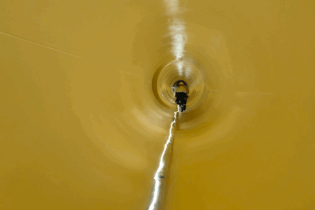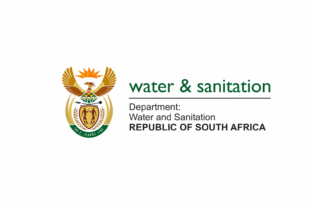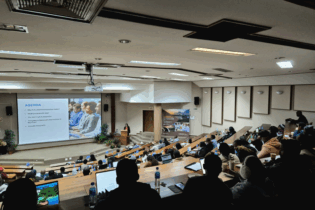Bulawayo City Council has introduced stringent water use laws that could result in residents found to have consumed more than their daily water limits being arrested and prosecuted.
The latest measures of 300 – 350 litres per day for each household came into effect this month as council grapples with an imminent water shortage as most of its supply dams are now below 50%.
“The target consumption based is 120 000 cubic metres a day against the actual daily average consumption of 145 000 cubic metres a day with this figure reaching levels as high as 155 874 cubic metres a day on some days per month,” the report adds in part.
Under normal circumstances, the city consumes 150 000 cubic metres daily. One of the supply dams, Umzingwane, was de-commissioned recently while the four remaining ones, Insiza, Inyankuni, Lower and Upper Ncema, hold less than 40% of their full capacity combined. The region’s consistently low rainfall in the last few years has led to dwindling water levels in the city’s dams. City fathers and residents have pinned hopes on the ambitious Matabeleland Zambezi Water Project, a long-held plan to tap water from the Zambezi River.Source: newsday






